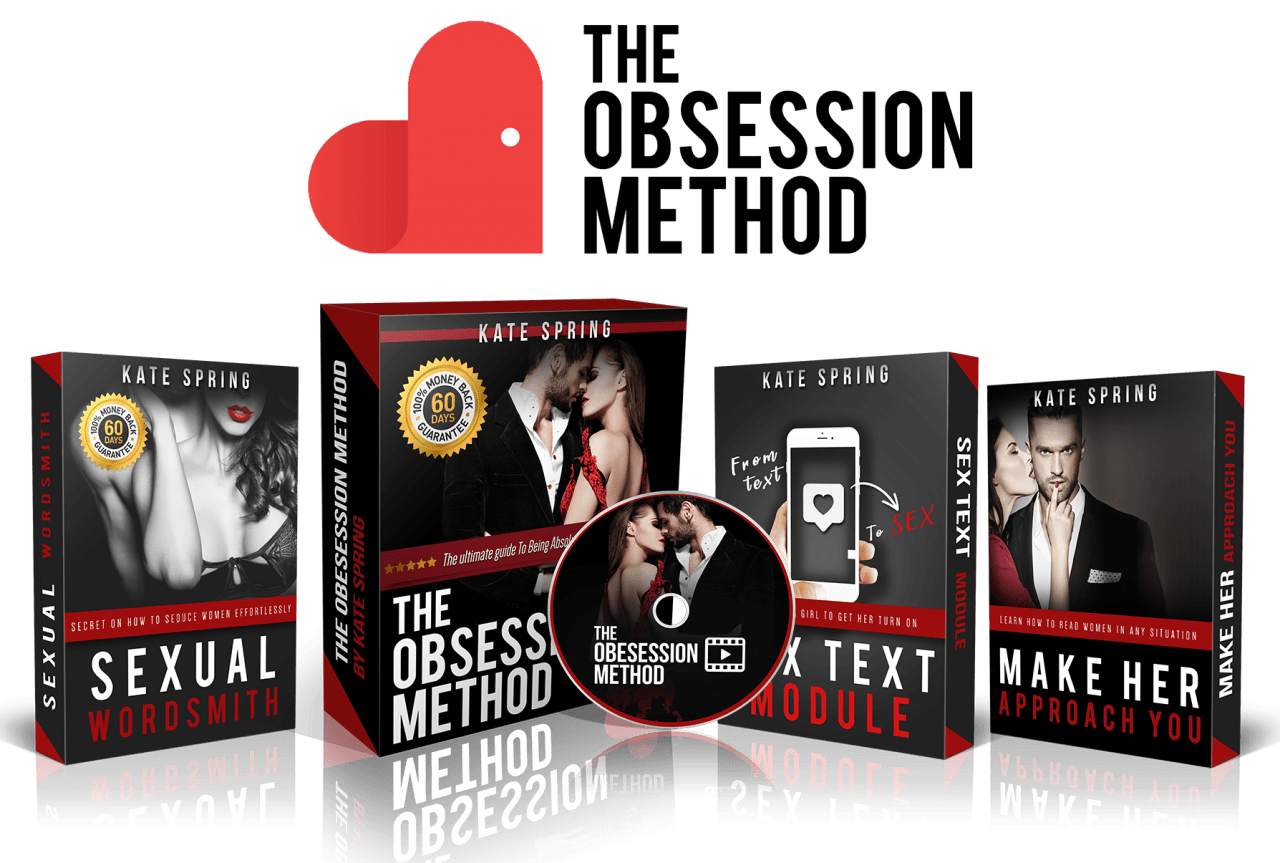“Knowing yourself is the beginning of all wisdom.” ~Aristotle
Over the past few years, I began to feel a shift in my career. Despite spending years earning certifications and degrees and building skills, my work no longer felt meaningful.
As I contemplated a change, a persistent thought echoed in my mind: “Why can’t you just be grateful for what you have?” I had many things to be grateful for, yet I wasn’t happy and constantly judged myself for it. After months of unsuccessfully trying to push this thought away, I decided to sit with the feeling of guilt and approach …
“Knowing yourself is the beginning of all wisdom.” ~Aristotle
Over the past few years, I began to feel a shift in my career. Despite spending years earning certifications and degrees and building skills, my work no longer felt meaningful.
As I contemplated a change, a persistent thought echoed in my mind: “Why can’t you just be grateful for what you have?” I had many things to be grateful for, yet I wasn’t happy and constantly judged myself for it. After months of unsuccessfully trying to push this thought away, I decided to sit with the feeling of guilt and approach it with curiosity.
Here’s what I discovered: This was actually an inner critic part of myself that was created to keep me safe.
My critic was telling me to feel grateful because it didn’t want me to make a change. If I was grateful for what I had, then, it reasoned, I wouldn’t pursue the things I really wanted, and I couldn’t fail. I also wouldn’t be seen, so I couldn’t be judged. These things were crucial to that part of me. And this is why ignoring it didn’t help.
Understanding Your Inner Critic
We’ve all heard the advice to silence our inner critic. For years, we’ve been told to push through and dismiss that critical voice. But ignoring your inner critic is one of the worst things you can do. It’s tempting, I know, because that voice can be harsh and relentless. However, pushing it aside is like telling a scared child to stop making noise and go away.
Parts of you, like your inner critic or the parts that feel shame or guilt, were created during childhood to keep you safe. And they are really effective.
If my inner critic tells me I’ll never be able to do something and I listen, I won’t try, and therefore, I can’t fail. It’s done its job of keeping me safe. However, if I ignore it and go for it anyway, I might make some progress, but it can feel exhausting and overwhelming because that part wasn’t on board. This creates a split in my energy.
When these parts aren’t integrated, your self-worth takes a dip. That’s the key—you’ve got to start listening to and integrating these parts.
Listening to Your Inner Critic
So what do you do with a scared child? You listen. You sit with them, ask what they need, and provide comfort. When you do this, they start to calm down. The same principle applies to your inner critic. Instead of pushing it away, try listening to it.
When you acknowledge your inner critic, you begin to understand where it’s coming from. Often, it’s trying to protect you from perceived danger or failure. By listening, you can address your underlying fears and anxieties. This doesn’t mean you have to agree with everything it says, but understanding its perspective can help you find more compassionate ways to respond to yourself.
Practical Steps to Embrace Your Inner Critic
Acknowledge Its Presence
When your inner critic pipes up, take a moment to recognize it. Say to yourself, “I hear you. I see that you are scared.” This simple acknowledgment can start to defuse the intensity.
Identify the Source
Try to understand why your inner critic is being so loud. You could focus on it and journal in response to the prompt, “What do you need from me to feel safer?” Being curious and open can provide you with some understanding of what you might need to move forward in a more powerful way.
Dialogue with Compassion
Imagine your inner critic as a younger version of yourself who’s scared and needs reassurance. Speak kindly and offer the support you would to a friend or a child.
Practice Self-Compassion
Remind yourself that it’s okay to feel what you’re feeling. Validate your emotions and give yourself permission to rest, take a break, or seek help.
Shift Your Perspective
Instead of seeing your inner critic as an enemy, view it as a part of you that needs healing. This shift can transform the way you interact with your inner voice.
The Power of Self-Compassion
Embracing your inner critic is a powerful step toward greater self-compassion. When you listen to and address this critical voice with kindness, you create a more nurturing internal environment. This a
Related Posts
Recommended Story For You :

Discover the Obsession Method and Transform Your Relationships

Unveiling the Secrets to Rekindle Your Relationship and Get Your Girlfriend Back

Unlocking the Secrets of Water Harvesters for Sustainable Solutions

Your Trusted Guide to Practical Medicine for Every Household

Discover the Obsession Formula for Magnetic Connections

Transforming a Connection into a Lasting Relationship with One Simple Move

The High Output Pocket Farm – Cultivating Life amidst Desert War Zones

EVERYTHING IS HAPPENING THE EXACT TIME AND IN THE EXACT ORDER


